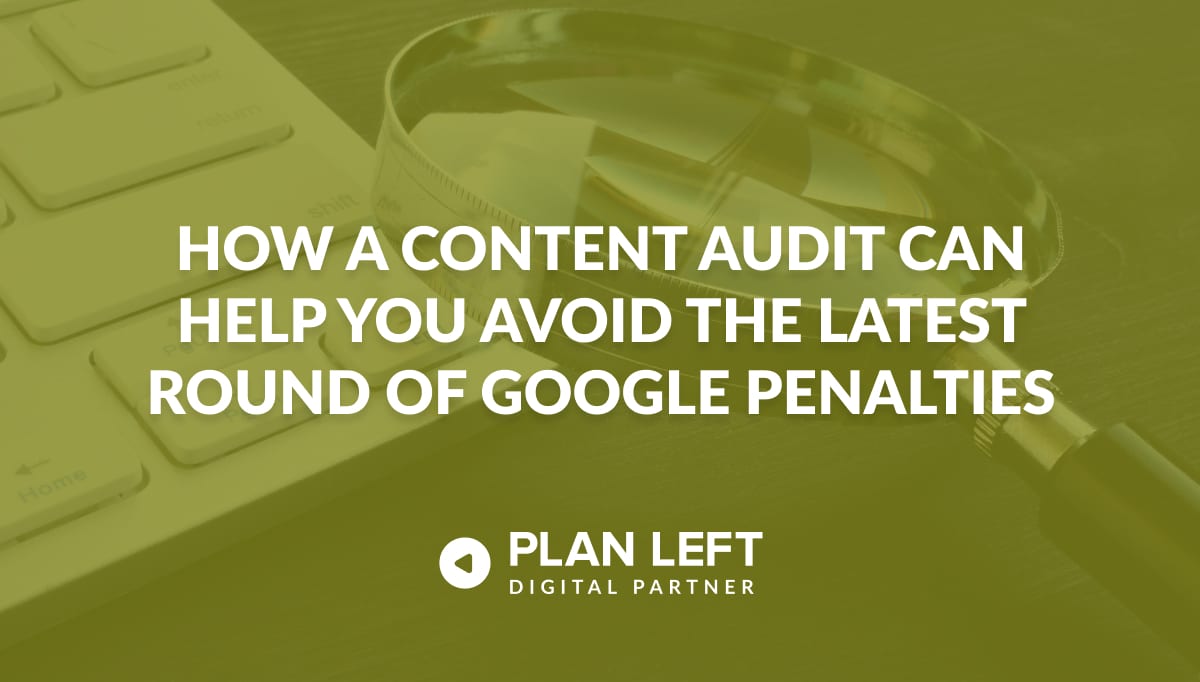The SSL acronym translates to Secure Socket Layer.
These are also sometimes referred to as “site security certificates” or “digital certificates”. The SSL’s key component that affects you is the Secure part. This provides an extra layer of protection to your website that helps prevent hackers from stealing sensitive information like credit card numbers or email addresses. You’ll know when a site has an SSL because it will start with https versus http.
How it works
Technically speaking, without sounding too technical… there is an inherent vulnerability that every website has. It’s not necessarily the website itself- but how people reach it. The internet is a wonderful tool, but it is a digital landscape of vast proportions. Would-be ill-doers have the opportunity to “listen” to transmissions over this information superhighway if they choose to. Unfortunately, if the data you send from your keyboard to a website is not encrypted, it is an easy target. Encryption is like a mask over your transmission- it confuscates the data and makes it difficult, if not impossible, to scan. It’s like an armored transport from point A to point B.
Why you need it
If you are accepting any form of payment directly through your site, you’ll need a SSL. In other circumstances, you may want a SSL to establish credibility or confidence on your website. Still for others, your site may handle a lot of data collection- like surveys or lead generation. Adding a SSL certificate not only shows that you care about your client’s information- it establishes a standard of professionalism and trust.
*Notice the https in the url bar? That’s how you really know a site is secure.
Getting set up
The process of issuing an SSL involves validating a
business’s identity and ownership over a domain. The process can involve checking records of organization, domain purchases, and even personal information about the owners to verify their identity. It’s mostly public records and generally takes about a day or less. In most cases, a professional web services company can handle this for you.
Questions and Answers
If you’re considering an SSL, you’ll undoubtedly have questions that need answers. There are many different types of certificates,
brands, and even levels of encryption. Plan Left is committed to helping you understand these options and advising you to the best decision for your business. If you think your business might need an SSL for it’s website, getting started is easy.





